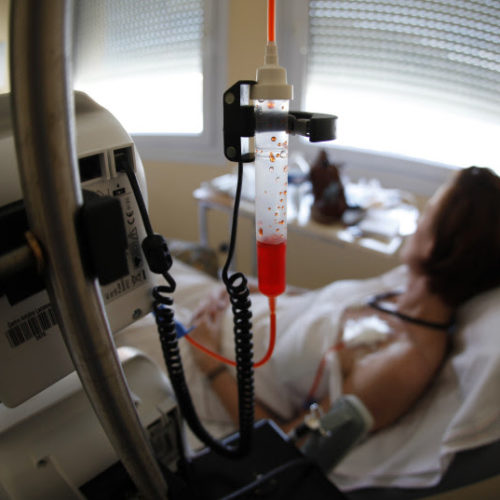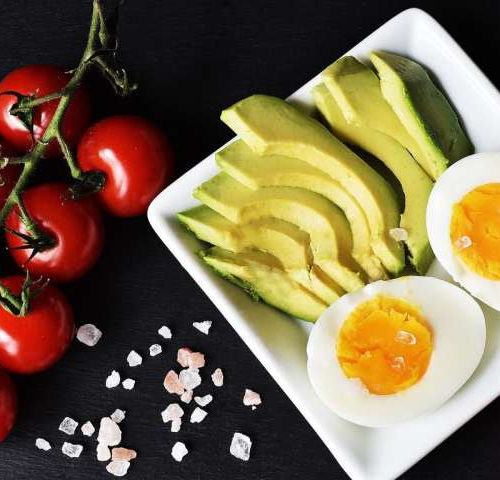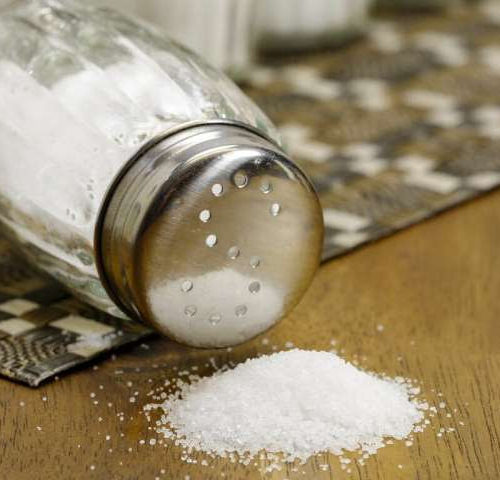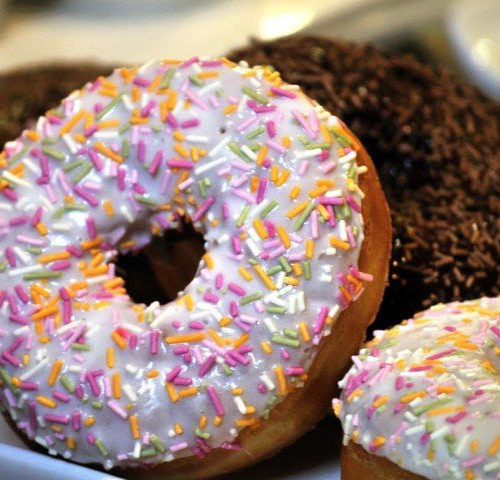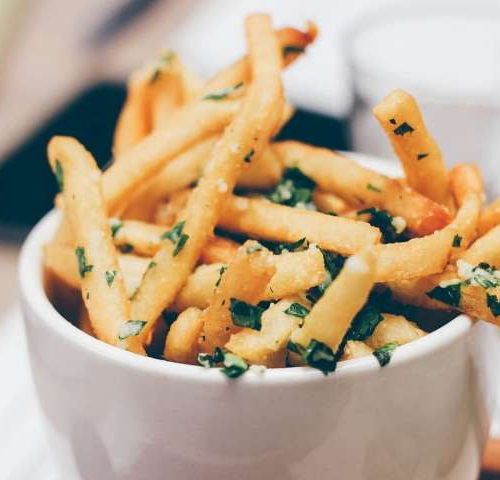by American Physiological Society New research in mice finds that deficiency in one small component of a signaling pathway may protect against artery stiffening and subsequent kidney disease associated with a high-fat, high-sugar diet. The study is published in the American Journal of Physiology-Renal Physiology. Consuming a western diet—typically high in fat and refined carbohydrates,...
Category: <span>Nutrition & Dietics</span>
Cancer treatments significantly affected by diet, researchers find
By DONNA RACHEL EDMUNDS Changes in diet can increase the toxicity of a chemotherapeutic drug by up to 100-fold. What we eat has a direct effect on the outcome of medical treatments such as chemotherapy thanks to the interplay between our diets and the microbes in our gut, new research from the University of Virginia...
Vitamin D deficiency symptoms: Pain in this body part could signal a lack of vitamin D
By JESSICA KNIBBS VITAMIN D is produced endogenously when ultraviolet rays from sunlight strike the skin and trigger vitamin D synthesis. With a distinct lack of sunshine the past few months, many people are experiencing a vitamin D deficiency without even knowing it. Experiencing a pain in this body part could be a warning sign...
PICKY EATERS MAY NOT GROW OUT OF IT
If your preschooler pushes their dinner plate away or wages battles against taking another bite of a vegetable they don’t like, they may not grow out of it anytime soon, according to a new study. By age four, children could be established picky eaters, the new study suggests. And the more parents try to control...
Adding a blend of spices to a meal may help lower inflammation
UNIVERSITY PARK, Pa. — Adding an array of spices to your meal is a surefire way to make it more tasty, but new Penn State research suggests it may increase its health benefits, as well. In a randomized, controlled feeding study, the researchers found that when participants ate a meal high in fat and carbohydrates...
Ketogenic diets alter gut microbiome in humans, mice
by University of California, San Francisco Low-carb, high-fat ketogenic diets, which have attracted public interest in recent years for their proposed benefits in lowering inflammation and promoting weight loss and heart health, have a dramatic impact on the microbes residing in the human gut, collectively referred to as the microbiome, according to a new UC...
Enhancement of bitter taste sensor reduces salt intake and improves cardiovascular dysfunction
by Science China Press High salt intake is a well-known risk factor of hypertension and cardiovascular diseases. Reducing salt intake can significantly lower blood pressure and ameliorate target organ damage caused by hypertension. However, in the past three decades, several strategies have failed to decrease daily salt intake to an optimal level. Therefore, it is...
Our ability to focus may falter after eating one meal high in saturated fat
Fatty food may feel like a friend during these troubled times, but new research suggests that eating just one meal high in saturated fat can hinder our ability to concentrate – not great news for people whose diets have gone south while they’re working at home during the COVID-19 pandemic. The study compared how 51...
Certain foods common in diets of US adults with inflammatory bowel disease
by Georgia State University Foods, such as French fries, cheese, cookies, soda, and sports and energy drinks, are commonly found in the diets of United States adults with inflammatory bowel disease, according to a new study by researchers in the Institute for Biomedical Sciences at Georgia State University. The researchers analyzed the National Health Interview...
Non-caloric sweetener reduces signs of fatty liver disease in preclinical research study
There is clear evidence that high sugar consumption leads to obesity and fatty liver disease. Synthetic and natural alternatives to sugar are available, but little is known about the effects of these non-caloric sweeteners on the liver. A new study led by Rohit Kohli, MBBS, MS, shows that stevia extract can reduce markers of fatty...

